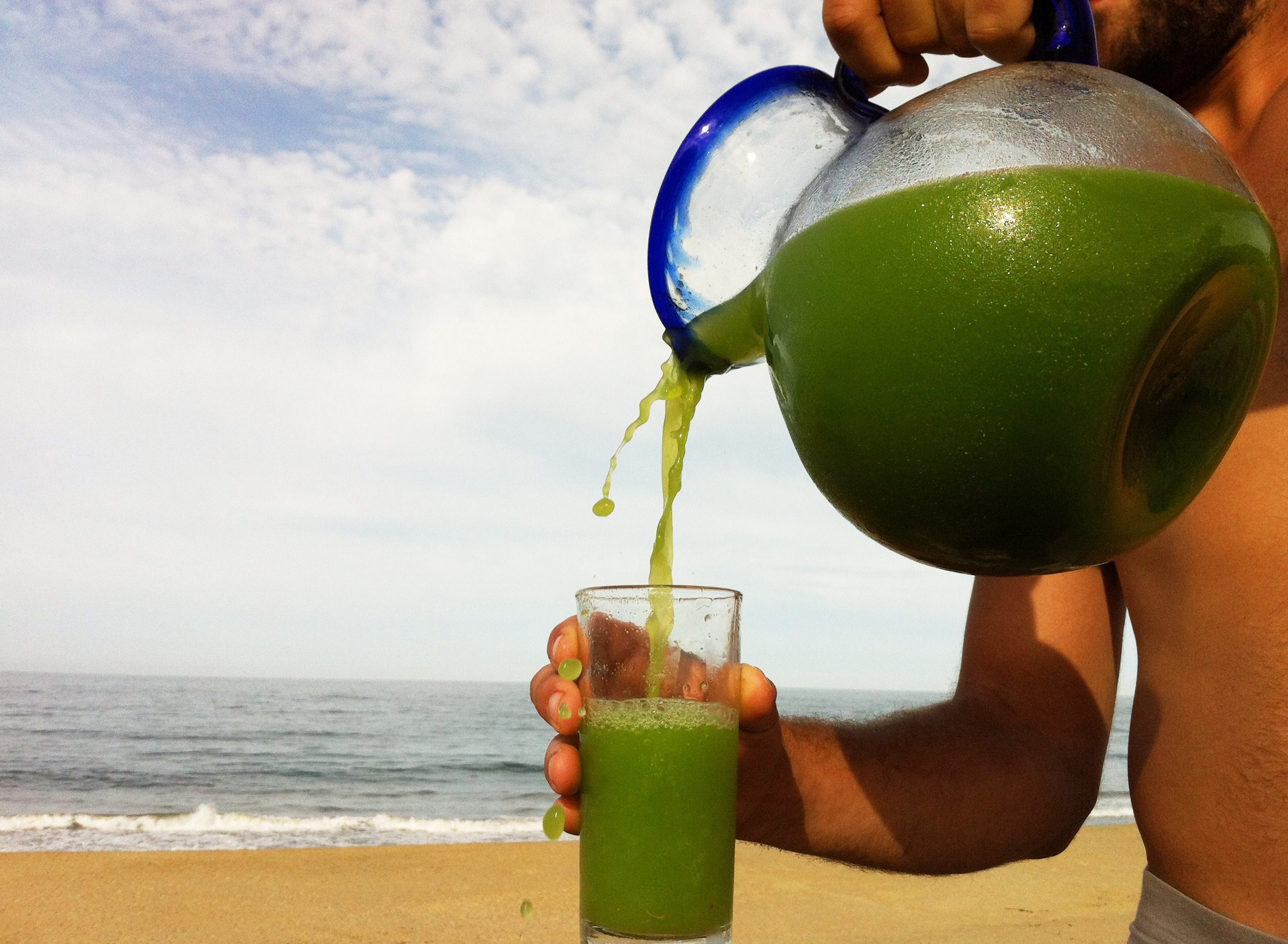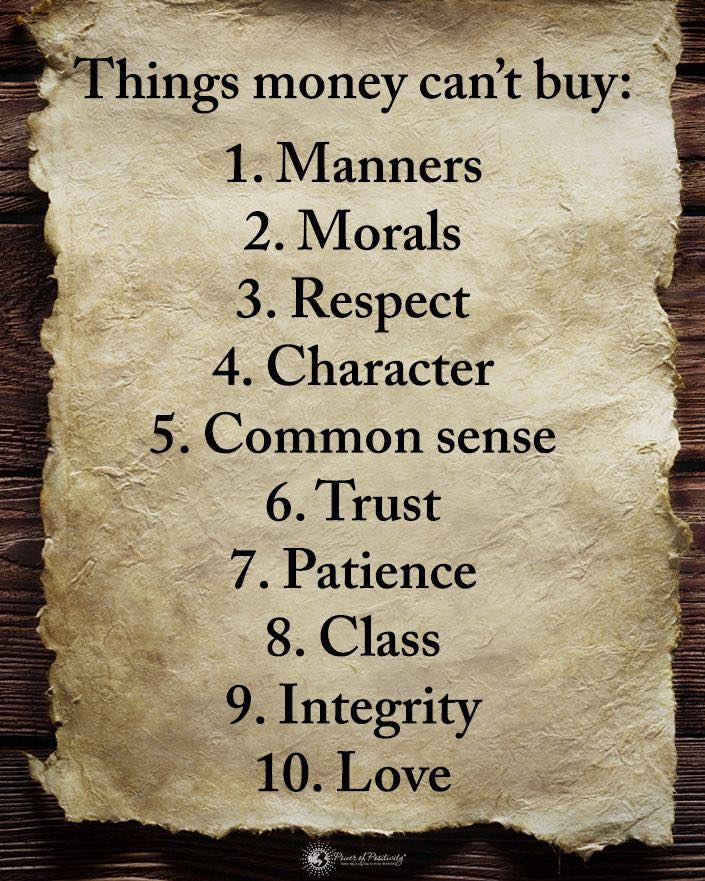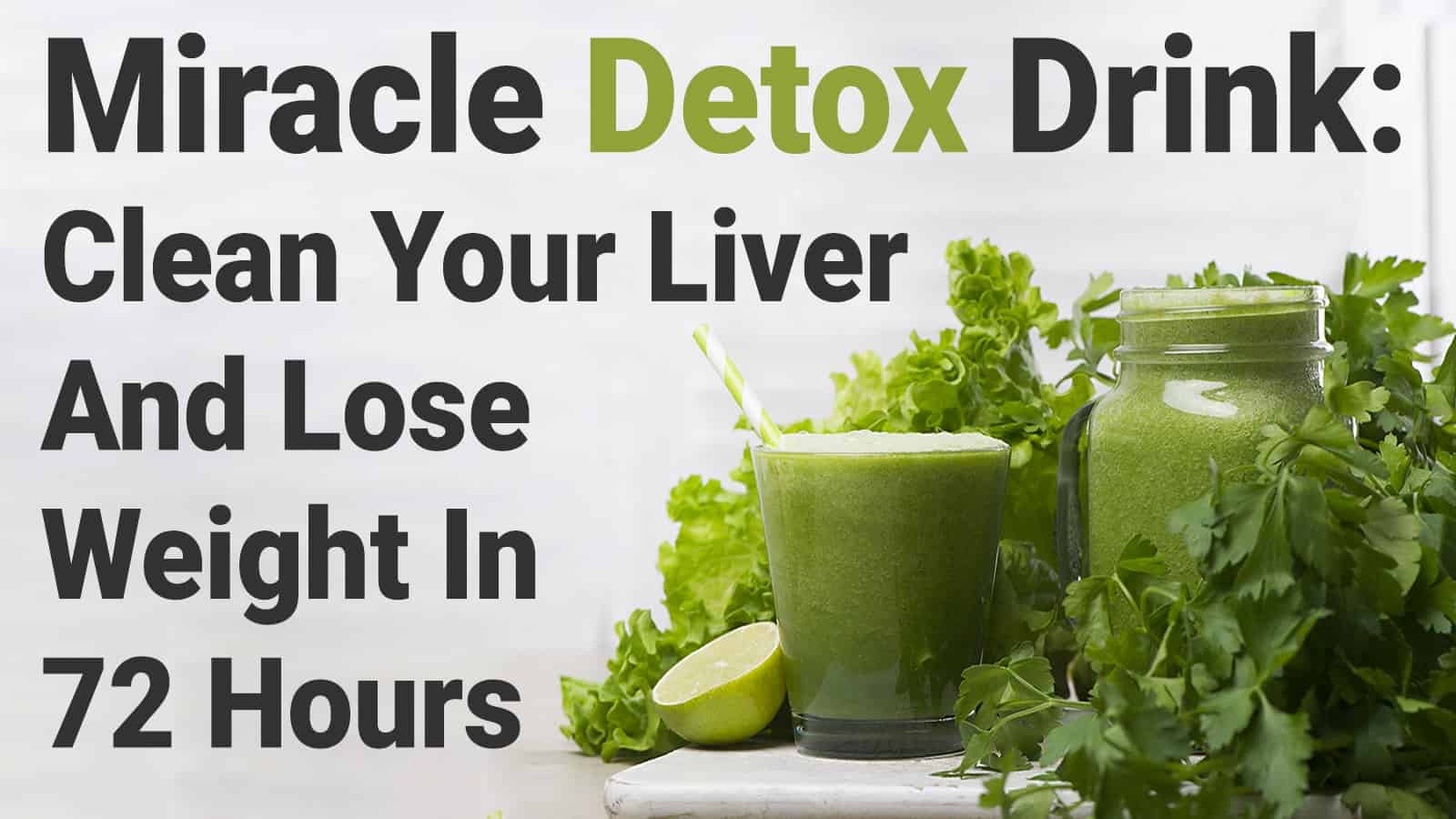Did you know that in the U.S. alone, 4.9 million people have liver disease, and over 40,000 people die yearly? According to Johns Hopkins Medicine, most of these tragic deaths and cases of liver disease could be avoided by eliminating chronic alcoholism. In this article, we want to provide vital information regarding this critical organ and practical ways to keep your liver healthy.
What Is Liver Disease?
Otherwise known as cirrhosis, this disease happens due to tissue scarring. These scars can cause permanent damage because the scar tissue builds up, preventing your liver from functioning normally. The scar tissue replaces healthy tissue and partially blocks blood flow through your liver. This can cause organ failure in severe cases if a patient does not seek treatment in time.
Who Is at a Higher Risk of Liver Disease?
According to the National Institute of Diabetes and Digestive and Kidney Diseases, people are more likely to get liver disease if they:
- have engaged in heavy drinking for a long time
- have type 2 diabetes
- are men
- are over 50
What are the complications of cirrhosis?
Some people may not even know they have liver disease until complications arise. The following may occur due to liver disease:
Portal hypertension
The most severe complication of cirrhosis, portal hypertension occurs when scar tissue builds up and blocks the blood flow in your liver, leading to high blood pressure in the portal vein. Portal hypertension may also cause the following:
- enlarged veins – called varices – in the esophagus, stomach, or intestines, which could burst, causing internal bleeding
- swelling in the legs, ankles, or feet, called edema
- fluid buildup in the abdomen —called ascites— which can cause a severe infection in the area surrounding the liver and intestines
- confusion or cognitive impairment caused by toxin buildup in the brain called hepatic encephalopathy
Infections
Liver disease can increase your risk of getting bacterial infections such as urinary tract infections and pneumonia.
Liver cancer
Cirrhosis can lead to liver cancer. Most people with liver cancer already have liver disease.
Liver failure
In severe cases, liver disease can eventually cause liver failure. This means your liver is so badly damaged that it stops working, which may require a liver transplant.
Other complications
- bone diseases, such as osteoporosis
- gallstones
- problems with the bile ducts, which are responsible for carrying bile out of the liver
- malabsorption and malnutrition
- tendency toward bruising
- sensitivity to medicines
- insulin resistance and type 2 diabetes
Facts About Liver Disease
According to the American Liver Foundation, many different types of liver disease exist. Since we could write many pages about each type, we will discuss a few important all-encompassing facts about liver disease.
- The leading cause of liver disease in the U.S. is obesity. While alcohol and drug use can also lead to liver disease, obesity can exacerbate an already overtaxed liver. Liver disease can be genetic as well.
- Healthy livers can regenerate after being damaged. The disease is caused by scar tissue that builds up and blocks blood flow to the organ, preventing the tissue from regenerating.
- Many patients will deal with liver inflammation in the early stages of a disease. Inflammation isn’t necessarily harmful. Indeed, it helps fight off infections and heal injuries. However, when chronic inflammation occurs, it can cause permanent damage.
- Liver failure occurs when the liver can no longer function properly and starts shutting down. It is a life-threatening condition that requires immediate medical care. Usually, the first symptoms of liver failure are nausea, loss of appetite, fatigue, and diarrhea. These symptoms can present with many different conditions, so patients may have difficulty knowing if their liver is failing. That’s why checkups and taking care of your health are paramount.
Before we continue with how to heal the body of liver damage, we’ll go over what the liver actually does in the body.
How It Functions
The main function of the liver is to process nutrients absorbed from the small intestine. Bile from the liver secreted into the small intestine helps the body digest fat. In addition, the liver is where the body produces chemicals that you need to function. It takes the raw materials the intestine absorbs and turns them into chemicals the body needs. As well as helping to produce beneficial chemicals, the liver detoxifies the body of potentially dangerous chemicals.
How to Heal Liver Damage
Before we get to how to make the detox drink for your liver, we want to review other ways to heal liver damage. Here are a few recommendations:
Eat Healthy Foods
According to the American Liver Foundation, patients with cirrhosis should avoid foods that are high in salt. Patients with fatty liver disease should limit foods with a lot of calories and eat high-fiber foods instead.
Eating right is one of the best protections against disease. However, if you already have this disease, you can assist in healing your body with the right foods. Make sure you eat plenty of vegetables, whole grains, and antioxidants.
Minimize or eliminate saturated fats and salty, sugary, or highly processed foods. Some of the best foods for your liver include blueberries, cranberries, cruciferous vegetables such as Brussels sprouts, broccoli, kale, mustard greens, collard greens, coffee, fatty fish such as salmon, grapefruit, grapes, nuts, and olive oil.
Animal studies have shown that both Brussels sprouts and broccoli sprout extract increase levels of beneficial enzymes that aid in the detoxification of cells and safeguard the liver from damage. One study in human liver cells discovered that cooked Brussels sprouts provided the same benefits for the liver as raw ones.
Another study in men with fatty liver disease found that broccoli sprout extract, which is high in antioxidants and nutrients, decreased oxidative stress and boosted liver enzyme levels. So, if you don’t already eat cruciferous vegetables like Brussels sprouts and broccoli, make sure to include them in your diet.
Lose weight
Being overweight or obese can lead to a condition called nonalcoholic fatty liver disease (NAFLD). Just like the name sounds, it’s caused by having too many fat cells in the liver, but not due to alcohol. Those who are overweight or obese, insulin resistant, or have high blood sugar or high blood triglycerides are at risk of developing NAFLD.
Exercise
Exercise can reduce the risk of almost any disease and help heal your body from inflammation. It will help you lose weight, boost your immune system, and decrease body fat, all of which will help with healing.
Quit Smoking
Cigarettes contain over 4,000 harmful chemicals that the liver must process to rid the body of them. Thus, smoking cigarettes requires the liver to work much harder to detox the body, which can lead to liver failure. Smoking can also lead to other problems, such as inflammation.
Minimize exposure to toxins
Besides cigarette smoke, many other substances in the world contain toxins that we should try to avoid, if possible. If you’re around things like paint, insecticides, and other harmful toxins, make sure to wear a mask.
Eliminate alcohol
Alcohol, as we have discussed, can both cause and exacerbate liver disease. Since alcohol can lead to both liver disease and weight gain, those with liver conditions should eliminate alcohol. This will help you detoxify the liver and shed unwanted weight.
Be Aware
Hepatitis can cause liver damage. Because you can get hepatitis from unclean needles and water, it’s essential to protect yourself. For example, if you go to a salon for a manicure or pedicure, make sure the shop is reputable. The same applies if you go somewhere that uses needles, such as a tattoo or piercing shop.
Monitor Your Medications
Everything that goes into your body must be metabolized in the liver. Certain medications can cause liver damage, including anti-psychotics, hormone replacement drugs, heart medications, birth control pills, and certain OTC drugs. If you’re concerned about how your medication affects your liver, talk to your doctor as soon as possible. You might need to take alternative medicines or try a different form of treatment.
Take Supplements
To look after your liver naturally, make sure you get enough Vitamin C, E, and beta-carotene; minerals like selenium and zinc; B-vitamins which will help metabolize alcohol; and herbs that can help detox the liver such as milk thistle, schizandra, and dandelion root.
Try starting with a standard multivitamin before introducing other supplements into your body. Certain herbal supplements can interfere with medications.
Preventing Liver Disease
To prevent the risk of liver disease, there are certain precautions you can take. Here are a few helpful tips:
- Drink alcohol moderately. This means one drink a day for women and two a day for men. Heavy drinking is classified as more than eight drinks per week for women and more than 15 for men.
- Protect yourself. Don’t share needles with other people for any reason. Use a condom or other protection during intimacy. If you get tattoos or piercings done, fully research the shop and look for accreditations before getting work done.
- Stay up to date on vaccines. If you’re at a higher risk of contracting hepatitis or already have it, talk to your doctor about getting the hepatitis A and B vaccines.
- Monitor your medications. As we said before, some medications can increase the risk of liver disease. Take medication only if you need it and in recommended doses. Never take medications with alcohol or herbal supplements you haven’t discussed with your doctor.
- Don’t touch other people’s blood or bodily fluids. This can lead to hepatitis or other diseases.
- Wear a mask and ensure the room is adequately ventilated when using toxic chemicals such as insecticides and fungicides. Also, wear long sleeves, gloves, and a hat to protect your skin.
- Be mindful of your weight. This is one of the best ways to prevent liver disease, as exercise and a healthy diet will lower your fat percentage and keep you at a healthy weight for your body.
In addition to healing your liver with the methods we mentioned above, we will finally get to the meat of this article: the ultimate detox drink to cleanse and heal your liver!
Detox Drink to Clean Your Liver
Ingredients
- 6 cups of water
- 3 lemons
- 1 cup chopped parsley
- 5 stalks of celery
Preparation
You can prepare this one of two ways. You can peel and deseed the lemons and blend all the ingredients (except water) in either a blender or a juicer. The blender will keep all the fiber, while a juicer will remove it. Depending on your health goals, you can choose whichever method works best for you. After blending or juicing the ingredients, add water and run through the machine once again.
Benefits of Ingredients for the Liver
Water
Obviously, water is one of the best natural healers on the planet. It’s the easiest and most efficient detox method because one of water’s main functions is to flush the body of harmful toxins. Keeping your body hydrated will help it perform more efficiently, thus allowing the liver to do its job. Especially if you’ve had a lot of alcohol recently, water can help flush it from your system and reboot your liver.
Lemons
According to one study evaluating alcohol-induced liver injury in mice, lemon juice had a protective effect on the body, likely due to the high level of antioxidants. Lemons have many other benefits for the body, but for the liver specifically, lemons can help detox the body further and provide essential nutrients.
Parsley
Parsley contains antioxidants such as luteolin, apigenin, lycopene, beta-carotene, and alpha-carotene. These help to fight free radical damage, which can cause cancer. They also lower inflammation in the body. High levels of inflammation have been shown to lead to several diseases, including liver disease.
Parsley contains high levels of Vitamins C and A as well. Vitamin C helps to lower inflammation levels and boost gut health, while Vitamin A can help protect against eye disorders and promote skin health. Both of these vitamins will help your immune system in the long run, aiding your body in protecting you from liver disease.
Celery
Celery contains vitamins and minerals such as vitamins K, B6, and C, potassium, and folate.
In one study out of the Department of Nutrition and Food Science at Helwan University in Egypt, researchers fed rats celery, chicory, and barley. The rats then showed a reduction of fat buildup in the liver. The researchers supplemented high-cholesterol diets of rats with celery, chicory, and barley powder and saw their liver enzyme function and blood lipid levels improve. The more powder the rats were given, the greater their liver health. This study shows that, for people suffering from liver disease or at risk of developing it, celery, chicory, and barley can have a protective effect.
So, now that we’ve gone over the benefits of the ingredients for this detox drink, we’ll talk about how you should include it in your diet.
How to Use
Drink this juice or smoothie for three days to experience the healing effects. Three times a day, drink at least two glasses. If you want, you can try fasting during this period, or choose to eat light, raw foods if possible. If you choose to fast, make sure to drink plenty of water. For those not fasting, eat plenty of fruits, vegetables, nuts and seeds, and avoid processed foods. Also drink plenty of water.
Other Foods That Help the Liver
Almonds
Almonds have nutrients such as Vitamin E and may help protect the body against fatty liver disease. Other nuts, as well as almonds, have been shown to boost heart health.
Bananas
While this sweet fruit is mostly known for its high levels of potassium, it can also speed up digestion, which means toxins move out of the body faster. This helps the liver to eliminate toxins as well. A Chinese study found that people with low potassium levels had a higher chance of developing nonalcoholic fatty liver disease, meaning bananas should be a staple in anyone’s diet.
Blueberries and Cranberries
Blueberries and cranberries contain antioxidants called anthocyanins, which give berries their rich colors. Berries also have many health benefits for the body.
Some animal studies have shown that cranberries and blueberries and their extracts or juices can maintain liver health. The studies showed that eating these fruits for 3-4 weeks prevented damage. Also, blueberries help to boost immune cell response and antioxidant enzymes.
Another study found that the antioxidants in berries slowed the development of liver scar tissue in rats.
Berries are definitely a powerful weapon in the fight against disease.
Coffee
While many people like to debate about the health benefits of coffee, science shows that coffee can protect against disease.
Studies have shown that coffee lowers the risk of cirrhosis in people with chronic liver disease, including NAFLD. According to another study, coffee may also reduce the risk of developing a type of cancer; plus, it showed positive effects on inflammation and disease. Another study showed that those who drank at least three cups of coffee per day had a lower risk of death caused by chronic liver disease.
Coffee may prevent the buildup of fat and collagen, which are markers of disease.
If you have liver problems and don’t already enjoy a morning cup of coffee, take this as your sign to do so!
Green Tea
People have been drinking green tea for centuries, and there’s a reason for that. Green tea is loaded with an antioxidant called catechins, which protects against different types of cancer, including that of the liver.
In fact, one large Japanese study found improved blood markers in the livers of those who drank 5-10 cups of green tea per day.
A smaller study in patients with non-alcoholic fatty liver disease (NAFLD) found that drinking green tea for 12 weeks improved enzyme levels and may also decrease fat deposits and oxidative stress (which can lead to cancer in the liver).
These are just some of the foods and beverages that can help improve your overall health. A varied diet of fruits, vegetables, meats, fish, nuts, seeds, healthy fats (like olive oil, avocado, coconut, etc.), and grains will protect your health and boost the immune system.
Final thoughts
Millions of people suffer from liver disease and other complications, but you can safeguard your health by taking preventive measures. As you have learned in this article, drinking too much alcohol, smoking, being overweight, and leading an unhealthy lifestyle can cause different types of liver disease. While some cases are genetic, you can take charge of your health and heal your liver by exercising, eating healthy, and avoiding smoking or drinking alcohol.
Also, make sure to be safe around harmful substances and wear protective clothing and a mask if exposed to dangerous chemicals. Avoid sharing needles with other people, and practice safe sex. Don’t touch other people’s blood or bodily fluids, and monitor your medications to see if any of them are causing you to feel adverse symptoms.
Finally, consider taking supplements to boost your liver health if you don’t get enough nutrients from your diet. However, you should talk to your doctor before taking any supplements if you also take prescription medication. Some supplements can counteract with certain medicines.
We hope the tips and information in this article can help you improve your liver health and be aware of signs of liver disease. Here’s to your health!




















